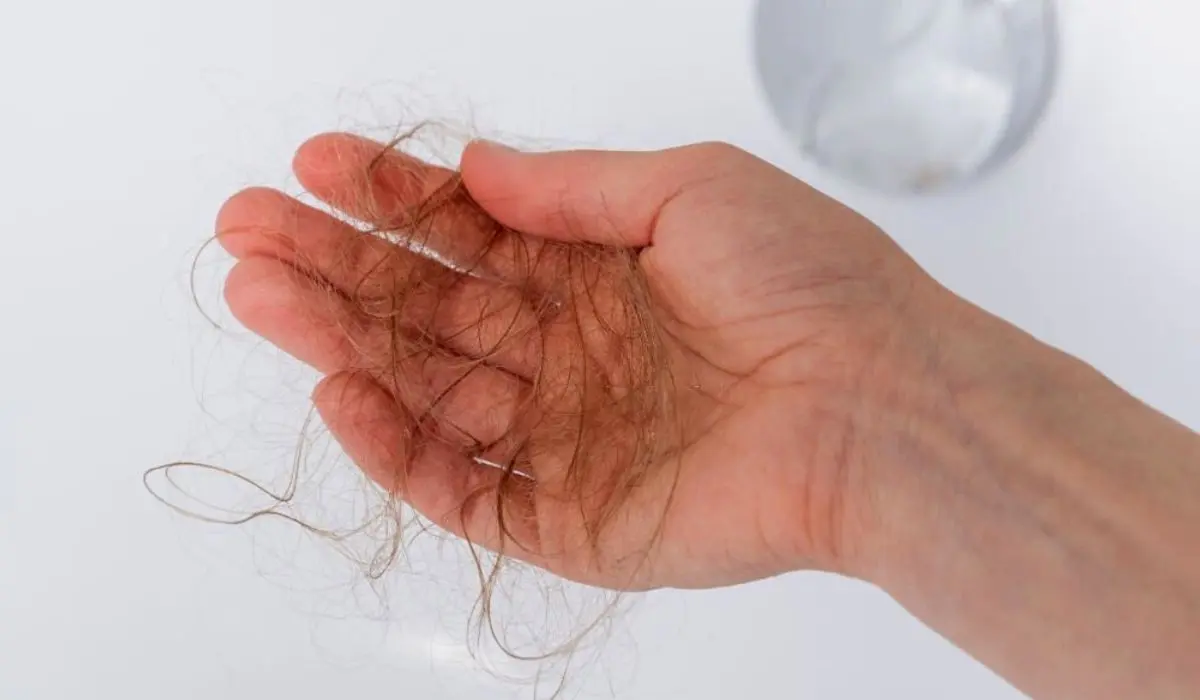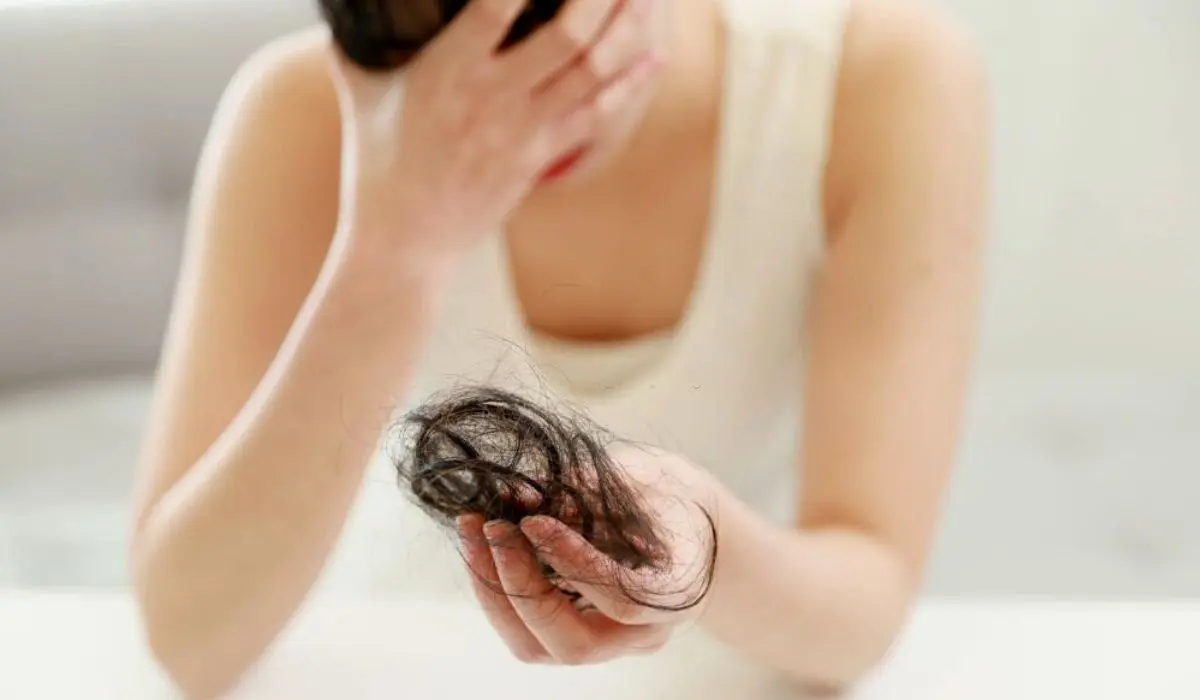Hair fall or hair loss is a common concern for both men and women. On average, people normally shed 50-100 hairs per day as part of the hair growth cycle. But excessive hair fall can be worrying and negatively impact one’s self-image.
Understanding what causes hair fall and using preventive techniques can help minimize excessive hair loss.
How Does Hair Fall Occur?
Hair fall occurs when the growth cycle of hair is disrupted or hair follicles are damaged. Some key causes include:
- Androgenetic alopecia or pattern baldness – This genetic condition causes hair follicles to shrink, leading to thin, weak hair that eventually falls out. It is the most common cause of hair loss.
- Telogen effluvium – Stress, childbirth, surgery, or high fever can push more hair follicles than normal into the shedding phase, causing sudden heavy hair fall a few months later.
- Nutritional deficiencies – Lack of proteins, iron, zinc, essential fatty acids, and vitamins can deprive hair of nutrients needed for healthy growth.
- Medical conditions – Thyroid disorders, autoimmune diseases, polycystic ovarian syndrome, skin conditions like seborrheic dermatitis, and anemia can trigger excessive hair loss.
- Medications – Certain drugs used for cancer, arthritis, depression, heart problems, and high blood pressure may cause hair loss as a side effect.
- Physical or emotional stress – High-stress levels increase hair shedding longer term.
- Harsh hair care – Too much coloring, blow drying, styling, bleaching, and chemical treatments damage hair over time.

Steps To Prevent Hair Fall Damage
Some ways to prevent excessive hair loss include:
- Massage the scalp regularly with nourishing oils to improve circulation.
- Use a gentle, sulfate-free shampoo and conditioner.
- Avoid tight hairstyles that pull on hair like braids, buns, etc.
- Reduce brushing, heat styling, and chemical treatments.
- Take medications and supplements as advised by doctors.
- Manage stress through yoga, meditation, and other relaxation techniques.
- Get enough sleep, nutrition, and exercise. Stay hydrated.
- Treat scalp issues like dandruff promptly.
- See a trichologist or dermatologist if hair fall persists.
Benefits Of Using Hair Treatments
Specialized hair treatments can boost hair health and reduce hair fall when used consistently. Benefits include:
- Minoxidil – Improves blood circulation around hair follicles. It is the only FDA-approved drug for treating pattern baldness.
- Biotin supplements – Helps produce keratin which makes up 95% of hair.
- Laser therapy – Low-level laser light energizes hair follicles for regrowth.
- Platelet-rich plasma – Growth factors in PRP injections rejuvenate hair follicles.
- Medicated shampoos – Ketoconazole shampoo reduces fungal infections and inflammation that can cause hair loss.
Precautions & Tips
- See a doctor to diagnose the cause before trying treatments for hair fall.
- Perform a patch test before using any new hair products.
- Follow directions carefully when using hair loss medications.
- Manage expectations realistically – complete hair regrowth is difficult for some causes.
- Give treatments time to work – it takes months to see results.
- Address stress, nutrition, and hormonal imbalances simultaneously.
- Avoid hairstyles or products that damage hair and scalp further.
Conclusion
Understanding the various causes of excessive hair fall is the first step toward managing the problem.
While some hair loss is inevitable with age, implementing a customized hair care routine that suits one’s specific causes of hair fall can help minimize thinning and bald patches.
Being patient with treatments and managing stress properly also helps reduce hair loss over time.
Combining medications, a healthy lifestyle, and protective hairstyling are the keys to maintaining a healthy head of hair lifelong.
Read More:- What Are The Benefits Of Egg For Your Hair? Transform Your Tresses!
FAQs
Q: Does hair fall stop naturally?
A: Hair fall usually slows down on its own after an initial period of excessive shedding caused by childbirth, stress, fevers, or medication. If it persists, an underlying condition may be causing it.
Q: Which vitamin deficiency causes hair fall?
A: Lack of vitamins B7 (biotin), B5 (pantothenic acid), and B3 (niacin) are common nutritional deficiencies that can lead to hair fall and thinning.
Q: What diseases cause hair loss?
A: Autoimmune diseases, thyroid disorders, diabetes, lupus, iron deficiency anemia, alopecia areata are some medical conditions that commonly result in higher hair shedding.
Q: At what age does hair start thinning?
A: On average, hair fall progresses with age. Some thinning around temples is noticeable for most people by their 40s and 50s as hormone levels decline.
Q: How can I stop my postpartum hair loss?
A: Take vitamins with antioxidants, iron, biotin, and protein. Avoid tight hairstyles. Use a gentle shampoo and massage the scalp. If excessive shedding persists, check for nutritional deficiencies with a doctor.

